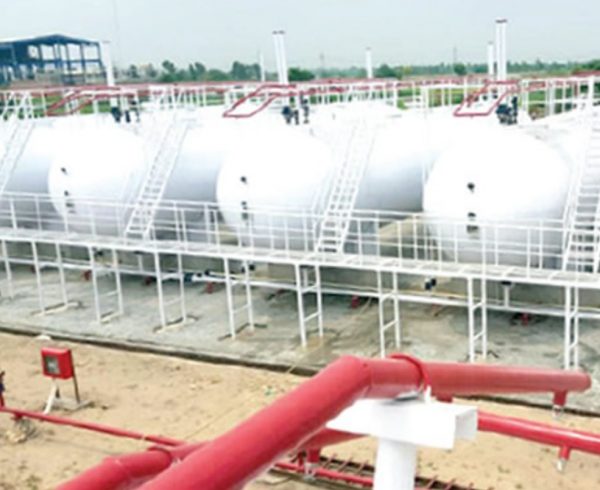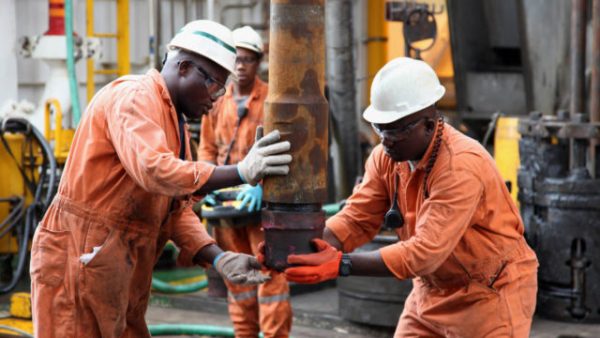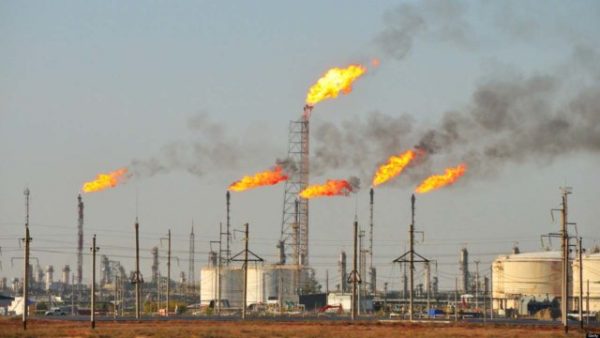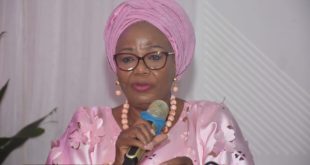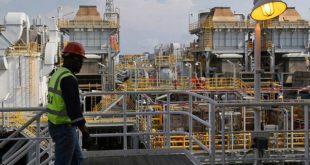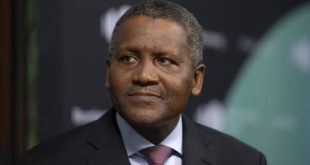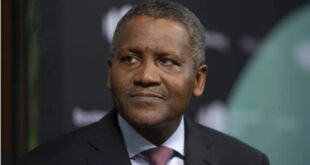To displace charcoal with clean cooking gas, also known as Liquefied Petroleum Gas, would cost Nigeria and other countries in Africa about $7.5bn for downstream infrastructure and stoves, the African Refiners and Distributors Association has said.
It also stated that the continent remained the lowest in per capita consumption despite its huge abundance of gas, stressing that it was high time stakeholders came up with finance strategies and solutions to address the bottlenecks to clean cooking gas usage on the continent.

The Executive Secretary, ARDA, Anibor Kragha, who disclosed this during an LPG virtual workshop by the group, stated that while sub-Saharan Africa had 14.4 per cent of the world’s population, it had less than one per cent of global LPG consumption.
“Many countries have little or no bulk handling facilities,” Kragha stated.

He, however, noted that LPG consumption in Africa had more than doubled since 2010, noting that the consumption recorded 9.7 per cent annual growth rate over the past decade.
He said Nigeria remained the largest LPG consumer, adding that LPG was the fastest growing petroleum product in sub-Saharan Africa.
The Vice President, LPG, Europe, Middle East and Africa at Argus, David Appleton, said cooking gas was critical to energy security in Africa.
He noted that safety, pricing, culture and finance were critical to the growth of the sector in Africa, stressing further that infrastructure development remained a key issue.
Appleton said investors in the sector would definitely expect returns on investments, adding that there must be a way to de-risked investments as much as possible.
He said Africa must think about long term investments and that there was a need for regulatory progress and consistency.
The Senior Associate, Investments, African Finance Corporation, Moussa Dabo, who disclosed at the event that the firm had invested $10.5bn across 36 countries in Africa, said there was need to improve governance and institutions for Africa to attract investments.
Dabo noted that lenders were more comfortable lending to organisations that were willing to establish the best-in-class business practices.
According to him, stability and practicability of cash flow could significantly help reduce cost of financing, while driving more investment into LPG.
“Securing favourable, diversified and long term supply contracts with established global traders is necessary and players in the sector should recalibrate their capital structure before seeking financing,” Debo stated, as he explained that equity injection in the business could help lower financing costs.
Also, in a presentation by Wagl Energy Limited, stakeholders at the company noted that the potential for LPG consumption in Africa could improve if the continent was committed to solving challenges in the areas of gas production that prioritised local market, shipping, storage as well as distribution to other end-users.
The company explained that the inadequate number of LPG vessels owned and managed by sub-Saharan African companies was one of the infrastructure issues facing LPG growth in the region.
It decried the limited LPG storage facilities in the region, stressing that several ports and jetties in sub-Saharan Africa, particularly in places such as Nigeria, also had draft restrictions, with their drafts tending to range between 8 – 8.5m.
The gas firm further noted that of the three challenges, the greatest opportunity was in solving the storage bottleneck, as the sub-Saharan region was suffering from a severe lack of LPG storage facilities.
 MMS PLUS NG – Maritime, Aviation, Business, Oil and Gas News Online Newspaper with coverage in Maritime, Oil and Gas, Aviation, Power and Energy as well as Financial News
MMS PLUS NG – Maritime, Aviation, Business, Oil and Gas News Online Newspaper with coverage in Maritime, Oil and Gas, Aviation, Power and Energy as well as Financial News

